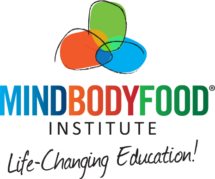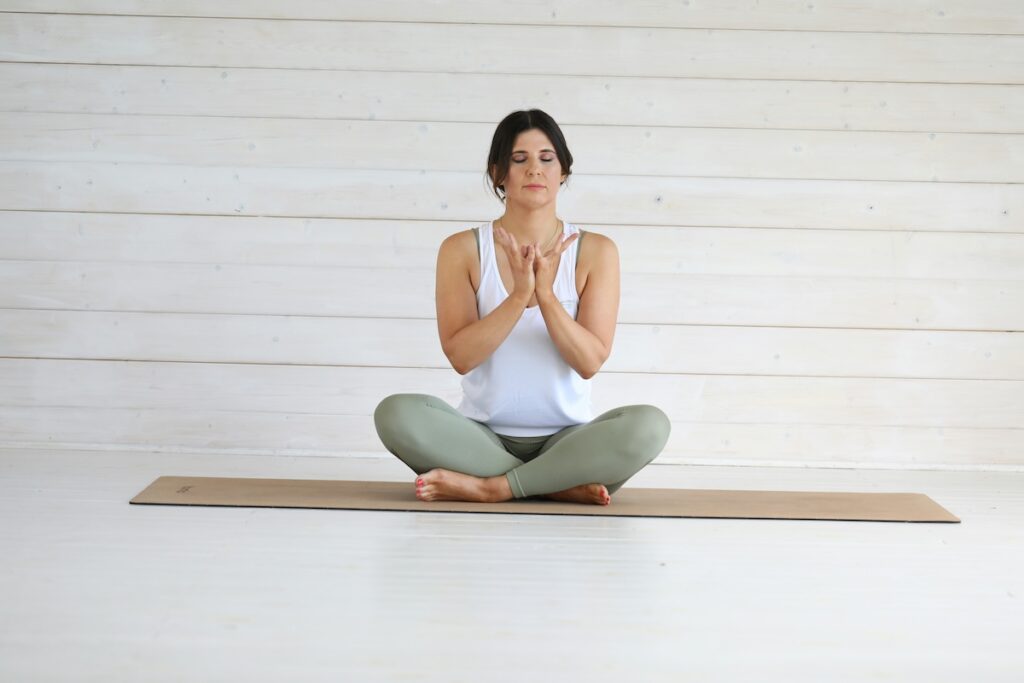Research shows that consistently grateful people are happier, more energetic, more hopeful, more helpful, more empathic, more spiritual, more forgiving, and less materialistic. They’re also less likely to be depressed, anxious, lonely, envious, neurotic, or sick.
In one study, a group of participants were asked to name five things they were grateful for every day, while another group was asked to list five things that annoyed them. Those expressing gratitude were not only happier and more optimistic; they reported fewer physical symptoms (such as headache, cough, nausea, or acne).















